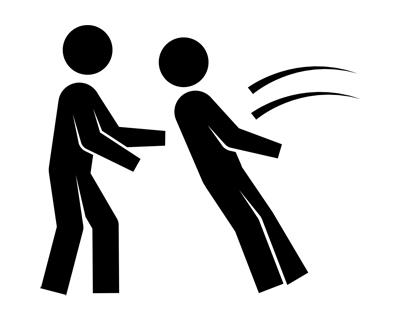 I once had a really great sales team leader who lived by the motto “if you do the right thing, the numbers will just come.” What he meant by that is if you spent time building real, caring relationships with your customers so you know, understand, and solve their pain points, the sales will happen automatically.
I once had a really great sales team leader who lived by the motto “if you do the right thing, the numbers will just come.” What he meant by that is if you spent time building real, caring relationships with your customers so you know, understand, and solve their pain points, the sales will happen automatically.
Any time a sales team member had a unique customer request and they went to that leader for approval, the conversation always went like this:
Sales team member: “The customer needs X, but that will mean we need to do Y, which requires us to address/involve/invest Z. What should I do?”
Leader: “Do the right thing.”
Sales team member: “How do I know for sure what the right thing is?”
Leader: “You already know.”
He also reinforced his motto by reminding the entire team “if you make a decision, and it’s the right thing to do by the customer, I will back you up every single time.” And he did. Every single time.
I heard that same conversation play out dozens of times under his leadership. And every time, without hesitation, he reminded the sales team member that they already knew the answer to their question.
On the surface, what I saw was a unique culture where individual contributors were given autonomy to make decisions and allocate necessary resources to solve problems. They weren’t stalled or blocked by bureaucracy and endless committees asking for justification. They just did the right thing.
What I realized once I became a leader myself was there was much more to his life/work motto. It all came down to trust.
There’s no risk to granting decision-making autonomy to a team member when you are confident they will always do the right thing. In his mind, he didn’t need to approve every decision being made on his team because he hired the right people from the start. He gave them a goal and a vision for where we needed to take the company in the future, and he trusted that when faced with a challenge, they would come to the same conclusion he would.
As a leader, do you believe that without your daily involvement and input, your team would do the right thing? It’s such a simple question, but if you really think it through, it can be a gut check.
It’s like a real-life version of a trust fall. Sure, we all believe that in the context of a team-building activity at a corporate retreat, the team will catch you when you fall backwards. But how far does that trust go? Does it extend to the challenges and requests your team fields daily?
If you asked your team to “do the right thing” today. What would they do?
